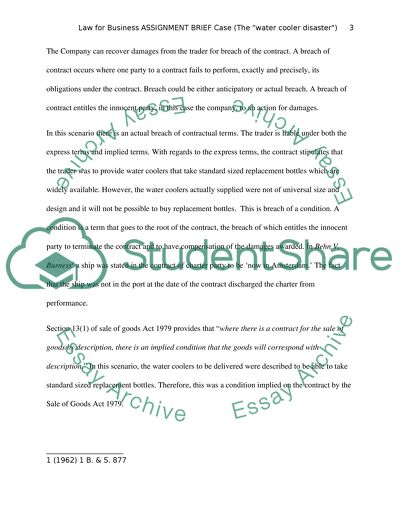Cite this document
(“Law for Business Assignment Brief Case (The Water Cooler Disaster) Essay”, n.d.)
Retrieved from https://studentshare.org/law/1445664-law-for-business-assignment-brief-case-the-water
Retrieved from https://studentshare.org/law/1445664-law-for-business-assignment-brief-case-the-water
(Law for Business Assignment Brief Case (The Water Cooler Disaster) Essay)
https://studentshare.org/law/1445664-law-for-business-assignment-brief-case-the-water.
https://studentshare.org/law/1445664-law-for-business-assignment-brief-case-the-water.
“Law for Business Assignment Brief Case (The Water Cooler Disaster) Essay”, n.d. https://studentshare.org/law/1445664-law-for-business-assignment-brief-case-the-water.


